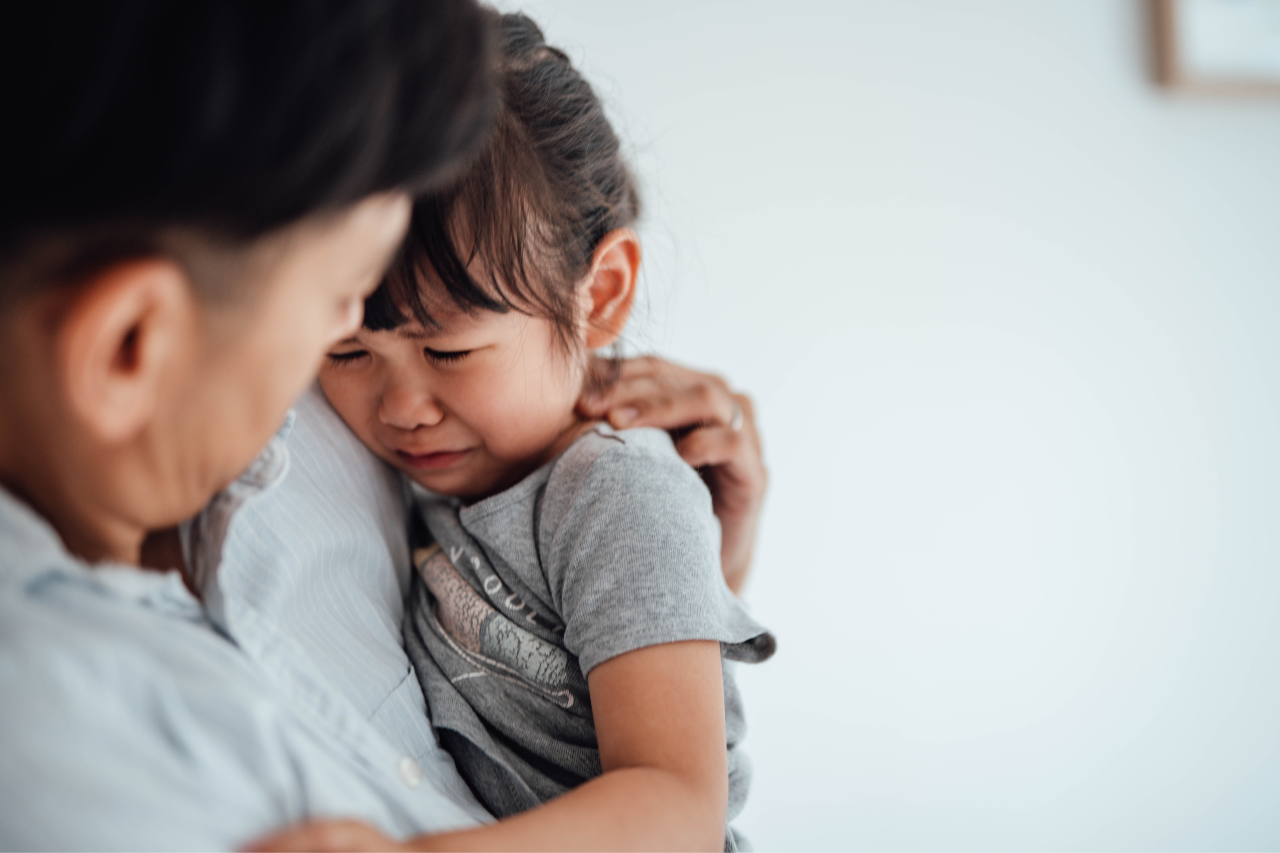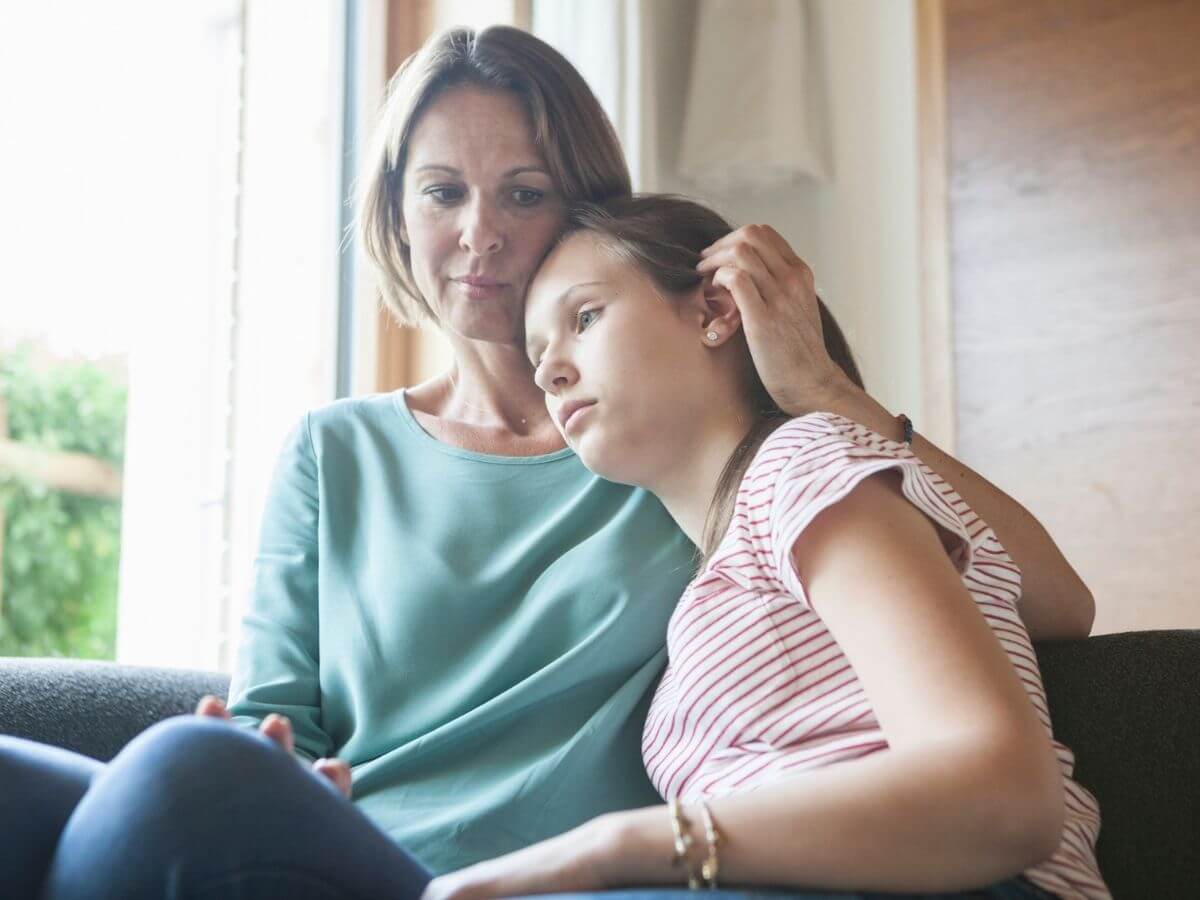How to Manage Social Anxiety

It’s normal to feel nervous or self-conscious every once in a while, such as before speaking in public or interviewing for a job. But social anxiety disorder (also called social phobia) isn’t just a case of nerves. For people with social anxiety disorder, social situations can be so frightening that just thinking about them can cause intense fear. Some people go out of their way to avoid these common situations, which can be very disruptive to their lives.
Many people with social anxiety disorder know that the majority of these fears are overblown, but just knowing that doesn’t stop them from feeling anxious. Below, we’ll outline some tips you can use to learn how to be more comfortable in social situations and get back to enjoying life.
10 Tips for Dealing with Social Anxiety
1. Control Your Breathing
Anxiety can cause changes in your body that make you uncomfortable. Some people experience fast and shallow breathing, which can make you feel, tense, or suffocated. Try these steps to slow and manage your breathing when you’re feeling anxiety symptoms.
- Sit down in a comfortable position with your back straight
- Relax your shoulders
- Put one hand on your belly and the other on your chest
- Breathe in slowly through your nose for four seconds. The hand on your belly will rise and the one your chest shouldn’t move much
- Hold your breath for two seconds, then slowly let it out through your mouth for six seconds
- Repeat this several times until you feel relaxed
2. Try Exercise or Progressive Muscle Relaxation
Research has shown that exercise such as jogging can help lower your anxiety. Yoga is another great way to calm down. Certain types of yoga involve deep breathing, so they can help lower your blood pressure and heart rate. Studies have shown that after a few months of doing yoga, many people notice lower anxiety. Another thing that helps is progressive muscle relaxation, which involves flexing and releasing certain groups of muscles in your body and focusing your attention on the feeling of the release.
3. Prepare
Planning can help you feel more confident in social situations. Instead of trying to avoid them, prepare for what’s to come. If you’re going on a first date and are worried that you won’t have anything to talk about, you can read magazines or look online for a few topics to talk about. If you’re going to a party or work function that causes anxiety, try doing some breathing exercises before you leave your house.
4. Start Small
Don’t just jump into large social situations. Try scheduling restaurant meals with family or friends so you can get used to eating in public. Try going out of your way to make eye contact with people when you’re out and say hello. If they start a conversation with you, ask them about their hobbies or where they like to take vacations. You can build up to bigger activities as you get more comfortable. Be patient. It takes time and practice to overcome social anxiety. And remember that you don’t have to conquer your biggest fears right off the bat.
5. Take the Focus Off Yourself
Instead of focusing on what’s going on in your head, try shifting your attention to what’s happening around you. You can do this by really listening to the conversation that’s happening or reminding yourself that people probably can’t tell how anxious you are by just looking at you. Focus on being a good listener.
6. Talk Back to Negative Thoughts
You may automatically have negative thoughts about certain people or situations. Most of the time, they’re wrong, but they can cause you to misread things like facial expressions. This can lead you to think that people are thinking things about you that they aren’t. One way to do this is to use a pen and paper:
Think of all the negative thoughts you have in specific situations
Write them down
Write down positive thoughts that challenge negative ones
7. Use Your Senses
Sight, sound, smell, touch, and taste — your senses can help calm you down when you’re feeling anxious. For some people, looking at a favorite photograph or smelling a certain scent can do the trick. The next time you’re feeling anxious about a social situation, try listening to your favorite song, snuggling with your pet, or light a scented candle.
8. Adopt an Anti-Anxiety Lifestyle
How you treat your body can have a significant impact on your anxiety levels, your ability to manage anxiety symptoms, and your overall self-confidence. Lifestyle changes alone aren’t enough to overcome social anxiety disorder, but they can help your overall treatment progress. The following lifestyle tips can help reduce your anxiety and set the stage for successful treatment:
- Avoid or limit caffeine. Coffee, tea, soda, and energy drinks act as stimulants and can increase anxiety symptoms. Try to limit or avoid caffeine altogether.
- Get active. Try to exercise for at least 30 minutes every day. Studies have shown that regular exercise can improve your mood and overall outlook on life.
- Add more omega 3 fatty acids to your diet. Omega 3 fatty acids support brain health and can improve your outlook and ability to handle anxiety. The best sources are fatty fish (salmon, sardines, mackerel, anchovies, herring), seaweed, flaxseed, and walnuts.
- Drink only in moderation. You may be tempted to have a drink to calm down before a social situation, but alcohol increases your risk of having an anxiety attack.
- Quit smoking. Nicotine is a powerful stimulant. Some people mistakenly believe that smoking can help calm their nerves, but it actually leads to higher levels of anxiety.
- Get enough quality sleep. When you’re sleep-deprived, you’re more vulnerable to anxiety. Being well-rested will help you stay calm when you’re in social situations.
9. Act Confidently
Just like you learned how to ride a bike, you can learn to act confidently in social situations. This doesn’t mean making yourself the center of attention. It’s just being more assertive, which may seem terrifying at first, but you’ll gradually feel better each time you do it.
10. Be Kind to Yourself
Everybody feels embarrassed once in a while. Nobody’s perfect and overcoming social anxiety isn’t easy. It’s normal to occasionally fall back into old habits and thought patterns. When this happens, take a moment and focus on the present, and practice the techniques you’ve been working on.
Find Support for Social Anxiety
If you’re experiencing social anxiety, don’t wait too long to seek help from a mental health professional. All of the coping techniques described above can help you stay calm in social situations, but it’s common to need therapy or medication to manage social anxiety.
Find a Baptist Health behavioral health provider near you to learn more about treating social anxiety.
Useful Resources and Next Steps:
Can Anxiety Cause Heart Palpitations?
The Common Types of Anxiety Disorders
Does Caffeine Cause Anxiety?
Learn About Behavioral Health Conditions
Contact Us
Find a Baptist Health Provider



